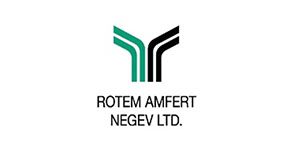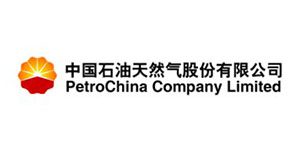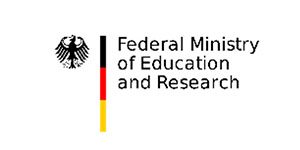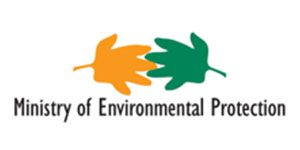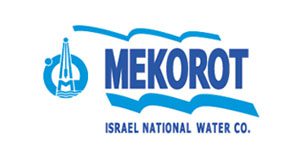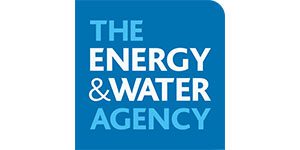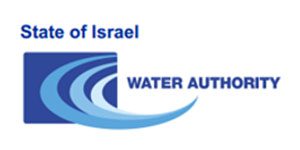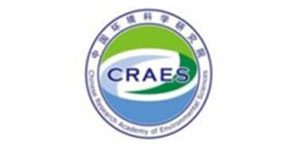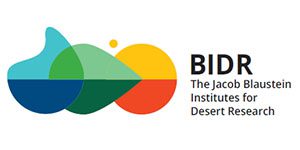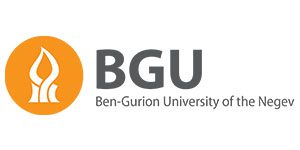
Groundwater Management for Present and Future
Groundwater management is the process of planning, regulating, and controlling the use of groundwater resources to ensure their long-term sustainability. It is a complex and multifaceted task that involves a wide range of activities and requires complex data analyses.
These include:
- Assessing groundwater resources: This involves understanding the extent, depth, and quality of groundwater resources in a particular area.
- Monitoring groundwater use: This involves tracking the amount of groundwater being withdrawn from aquifers and recharged to aquifers, and the impacts of this withdrawal on groundwater levels and quality.
- Developing groundwater management plans: These plans outline the strategies and actions that will be taken to protect and manage groundwater resources.
- Regulating groundwater use: This involves issuing permits for groundwater withdrawals and enforcing regulations to prevent overexploitation.
- Promoting water conservation: This involves educating the public about the importance of conserving water and providing incentives for water-efficient practices.
- Investing in water infrastructure: This involves building and maintaining wells, pipelines, and other infrastructure needed to collect, store, and distribute groundwater.
- Monitoring the vadose zone: This involves monitoring of the layers above groundwater, to detect potential contaminants before they reach and pollute groundwater.
Groundwater management is essential for ensuring that this vital resource is available to meet the needs of present and future generations. It is a critical component of water resource management in many parts of the world, and it is becoming increasingly important as populations grow and water demand increases.
Benefits of Groundwater Management
Here are some of the benefits:
- Prevents overexploitation: Overexploitation can lead to depletion of groundwater resources, saltwater intrusion, and land subsidence.
- Protects water quality: Groundwater is a naturally filtered source of water, but it can be contaminated by human activities, including industry and agriculture. Effective groundwater management helps to protect groundwater from contamination.
- Ensures water security: Groundwater is a reliable source of water, especially during droughts and other water shortages. Effective groundwater management ensures that this resource is available when it is needed.
- Supports sustainable development: Groundwater is essential for many aspects of sustainable development, including agriculture, industry, and human health. Effective management can help to ensure that this resource is available to support sustainable development goals.
The Significance of Groundwater Management
Groundwater accounts for approximately 99% of all freshwater accessible to humans. It is a critical source of drinking water for over two billion people worldwide, supporting irrigation systems that nourish crops and ensuring the production of food for a growing population. Groundwater also serves as a crucial industrial resource, powering manufacturing processes and providing cooling water for power plants.
Despite its immense significance, groundwater resources are facing increasing pressure from unsustainable use and environmental degradation. Overexploitation, often driven by agricultural irrigation and urban development, can lead to depletion of aquifers, saltwater intrusion, and land subsidence. Pollution from industrial waste, agricultural chemicals, landfills and improper waste disposal further threatens the quality and safety of groundwater.
Effective groundwater management is essential to address these challenges and ensure the long-term sustainability of this vital resource. It involves a comprehensive approach that encompasses monitoring groundwater resources, regulating water use, implementing water conservation measures, and protecting groundwater from contamination.
Vadose Zone Monitoring System: A Technological Advance
Sensoil, an innovative company dedicated to safeguarding groundwater, has developed a groundbreaking technology that revolutionizes groundwater monitoring. The Vadose zone Monitoring System (VMS) provides real-time, continuous, high-resolution data on soil moisture, salinity, and nutrient levels in the vadose zone – the unsaturated zone between the land surface and the groundwater table.
This comprehensive monitoring system offers data and analyses providing several advantages:
- Early Detection of Contamination: The VMS can detect contaminants such as nitrates in the vadose zone before they reach groundwater, enabling proactive measures to prevent groundwater contamination.
- Optimizing Irrigation Practices: Real-time soil moisture data from the VMS allows farmers to optimize irrigation practices, reducing water consumption while maintaining crop yields.
- Protecting Groundwater Quality: By monitoring nutrient and contaminant levels in the vadose zone, the VMS can identify potential sources of groundwater pollution, enabling targeted interventions to protect groundwater quality.
Groundwater Management: A Global Perspective
Countries around the world are investing in initiatives to address the challenges of groundwater overexploitation, pollution, and climate change.
While significant progress has been made, the situation varies widely across different regions. Countries with strong governance, adequate funding, and advanced water management technologies tend to have better groundwater management practices. In contrast, regions with limited resources, poor infrastructure, and weak governance often face challenges in effectively managing their groundwater resources.
Conclusion
Groundwater is an indispensable resource that supports life and drives economic development worldwide. Sustainable groundwater management is critical to ensuring the long-term availability and quality of this precious resource. Additional groundwater protection initiatives and regulatory intervention are required to ensure groundwater sustainability. By continuing academic and hydrology research, implementing comprehensive groundwater strategies, investing in innovative technologies, and fostering international collaboration, we can safeguard this vital resource for future generations.











